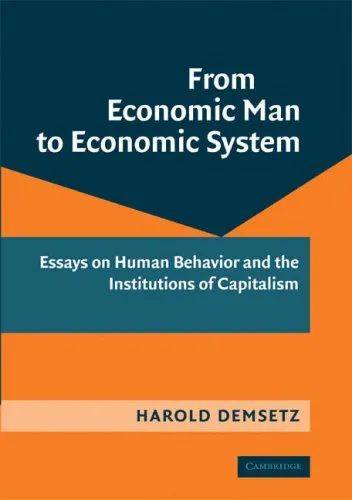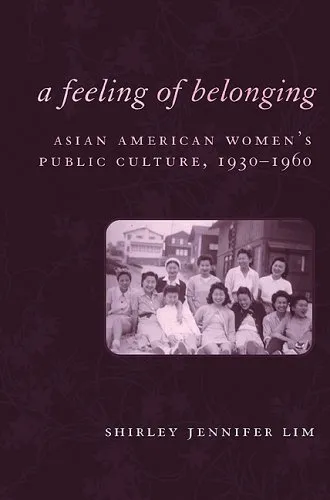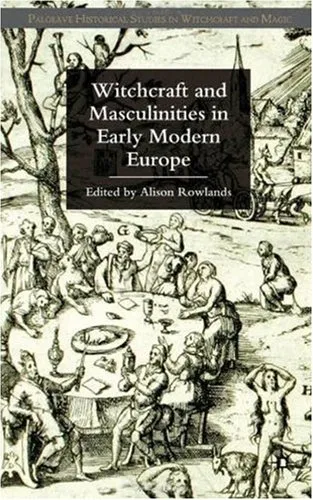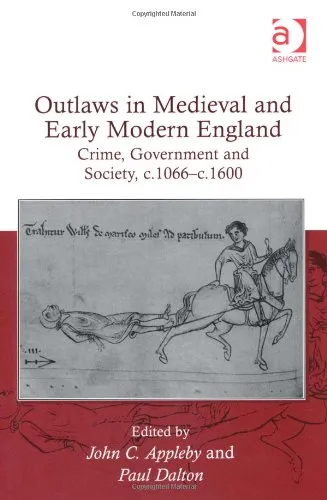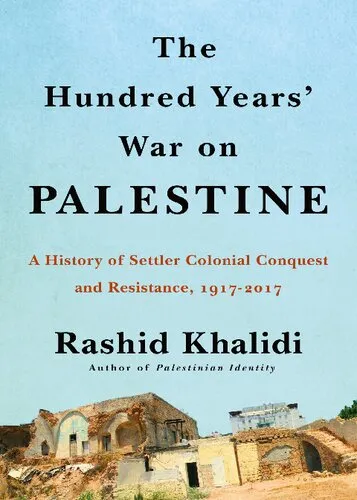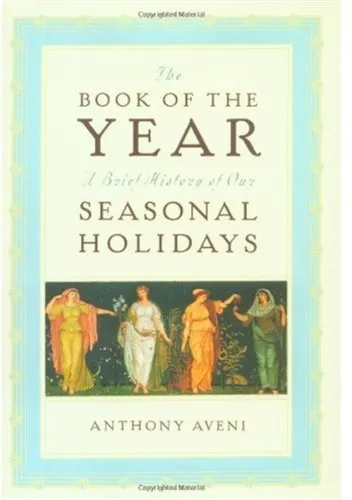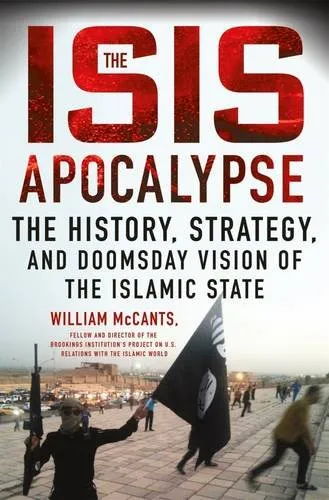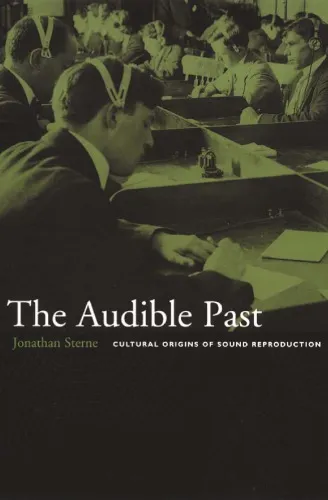Property and the German Idea of Freedom: From the End of the Thirty Years’ War to the Eve of the French Revolution in Germany
4.0
بر اساس نظر کاربران

شما میتونید سوالاتتون در باره کتاب رو از هوش مصنوعیش بعد از ورود بپرسید
هر دانلود یا پرسش از هوش مصنوعی 2 امتیاز لازم دارد، برای بدست آوردن امتیاز رایگان، به صفحه ی راهنمای امتیازات سر بزنید و یک سری کار ارزشمند انجام بدینکتاب های مرتبط:
معرفی کتاب "Property and the German Idea of Freedom"
کتاب "Property and the German Idea of Freedom: From the End of the Thirty Years’ War to the Eve of the French Revolution in Germany" به قلم کالین اف. ویلدر، متنی است ژرف و پژوهشمحور که به بررسی ارتباط میان مفهوم مالکیت و آزادی در اندیشه سیاسی و حقوقی آلمان دوران اوایل مدرن پرداخته است. این اثر با تکیه بر تاریخ اروپا در فاصله زمانی بعد از جنگ سیساله و تا آستانه انقلاب فرانسه، رابطه بین تحولات مالکیت، حقوق و فلسفه سیاسی را در بستر آلمان بررسی میکند و ارتباطی بنیادین را میان مالکیت خصوصی و ایده آزادی آلمانی روشن میسازد.
خلاصهای جامع از کتاب
این کتاب در تلاش است تا بفهمد که چگونه آلمانیها، در طی تحولاتی چندصدساله، مالکیت را به عنوان یک زیربنا برای آزادی فردی و جمعی به رسمیت شناختند. نویسنده به تحلیل تغییرات تاریخی و حقوقی میپردازد و توضیح میدهد که چگونه مفاهیم حقوق مالکیت خصوصی، جامعه مدنی و حکومت قانون، به طور مداوم در نظریه و عمل برای ایجاد و تثبیت آزادی آلمانی شکل گرفتهاند. از جنگ سیساله که منجر به دگرگونیهای بزرگ در ساختارهای سیاسی و اجتماعی آلمان شد، تا اوایل مدرنیته و زمینهسازی انقلاب فرانسه در این کشور، ویلدر نشان میدهد که ایدههای آلمانی از آزادی عمدتاً بر پایههای اقتصادی مبتنی بودهاند. او همچنین تأثیر دانشمندان و فیلسوفانی چون کانت، هیوم و چهرههای شاخص حقوقی در این حوزه را بررسی میکند.
نکات کلیدی کتاب
- ارتباط میان دولتمداری، حقوق مالکیت و نوسازی اجتماعی در آلمان.
- نقش آزادی فردی در اصلاح جوامع اروپایی و تأثیر آن بر مباحث مالکیت.
- تحلیلی عمیق از مباحث Property در حقوق آلمان در قرنهای هفدهم و هجدهم.
- توسعه مفهوم "Eigenfreiheit" یا آزادی فردی مبتنی بر دارایی در فلسفه آلمان.
نقل قولهای معروف از کتاب
"Freedom in German thought was not a gift of nature; it was a product of law and conflicts of property."
"Through property, German theories of freedom found a material and institutional foundation."
چرا این کتاب مهم است؟
این کتاب به دلیل تحلیل جامع و تاریخیاش نسبت به تغییرات ساختاری در اروپا و بهویژه آلمان، یک اثر بیبدیل است. فهم نقش مالکیت در شکلگیری آزادی امروز جوامع مدرن و آشکار کردن ریشههای این مفاهیم در تاریخ حقوقی و اجتماعی بسیار حائز اهمیت است. برای پژوهشگران حوزه تاریخ، علم حقوق، جامعهشناسی و فلسفه سیاسی، این کتاب علاوه بر ارائه یک منبع غنی پژوهشی، به روشن ساختن تحولات فکری و سیاسی اروپا نیز کمک شایانی میکند. همچنین مطالعه این اثر برای علاقهمندان به رابطه میان اقتصاد و سیاست در ذهنیت غربی، ارزش ویژهای دارد.
Introduction
Welcome to Property and the German Idea of Freedom: From the End of the Thirty Years’ War to the Eve of the French Revolution in Germany, a scholarly exploration of the interplay between property rights and the evolving concept of freedom in early modern Germany. This book delves into the transformative period spanning from the aftermath of the Thirty Years’ War to the threshold of the French Revolution, examining how Germans conceptualized freedom not merely as a political or philosophical ideal but as something deeply intertwined with material conditions—specifically, property. By illuminating the multifaceted relationship between property and freedom, this work sheds light on broader questions about the very nature of individual liberty and societal structure in European history.
A Detailed Summary of the Book
At its heart, Property and the German Idea of Freedom is an analytical journey through the dense legal, economic, and social frameworks that defined early modern Germany. The book argues that between the mid-seventeenth and late eighteenth centuries, Germans reconceived the notion of freedom in ways that were heavily influenced by the ownership and regulation of property. Unlike the more overtly political revolutions seen in Enlightenment France and America, the German idea of freedom revolved around a concept of rights tied to personal and economic independence.
Spanning the period from 1648 to 1789, this book contextualizes how the devastation of the Thirty Years’ War fundamentally reshaped German society. It simultaneously examines how legislative reforms, economic reconstruction, and philosophical developments intersected over the following decades. Property—a resource central to both livelihoods and identity—emerged as a focal point of these transformations. It became less of a static possession and more of a site for debating hierarchy, autonomy, and citizenship. The book further explores how key figures within law, political philosophy, and emerging economics contributed to this rethinking of property’s role in human liberties.
Among its key themes, the book tackles the decentralization of authority within the Holy Roman Empire, the role of territorial states in regulating property ownership, and the philosophical implications of property as posited by thinkers in the German Enlightenment. It also evaluates the transition from feudal rules of landholding to the increasing influence of market-driven economics. Ultimately, this examination reveals that German conceptions of freedom—distinct in some ways from those in neighboring Enlightenment movements—were both modern and deeply rooted in their historical moment.
Key Takeaways
- The German idea of freedom during this period was closely tied to property ownership and economic independence.
- The aftermath of the Thirty Years’ War fostered major shifts in property laws, which influenced social hierarchies and individual autonomy.
- Freedom in early modern Germany was not a revolutionary concept in the French or American sense but was instead entrenched in material and legal realities.
- Philosophical and legal debates surrounding property ownership reflected broader questions about citizenship, equality, and governance.
- The book provides a comprehensive understanding of how German Enlightenment thinkers bridged traditional and modern ideas of property and freedom.
Famous Quotes from the Book
"To own property is to own a piece of the world, but to defend it is to claim one's place in the shared narrative of human freedom."
"The German idea of freedom is not born in the upheavals of revolution but in the mundane realities of who owns and governs, and how they do so."
"Property is the bridge between individual autonomy and societal order, particularly in a fragmented polity like the Holy Roman Empire."
Why This Book Matters
This book is essential for anyone interested in understanding the intellectual and practical foundations of modern liberty. By tying freedom to property ownership, it challenges simplistic perceptions of freedom as purely political or abstract. Instead, it provides a richer, more nuanced account of how interconnected legal, economic, and cultural factors shaped ideas of autonomy and rights in history.
Furthermore, the book fills an important gap in historical scholarship, revealing how German experiences of freedom and governance differed significantly from the revolutionary trajectories of France or the liberal traditions of Britain. It underscores the significance of material realities—particularly property—in shaping societal values and political structures. The insights gained from this book are relevant far beyond the historical period it covers, offering timeless lessons on the intersection of material conditions, law, and liberty.
In short, Property and the German Idea of Freedom is not just a history book; it is a lens through which to understand the enduring complexity of human freedom, both in its conceptual underpinnings and its real-world applications.
دانلود رایگان مستقیم
شما میتونید سوالاتتون در باره کتاب رو از هوش مصنوعیش بعد از ورود بپرسید
دسترسی به کتابها از طریق پلتفرمهای قانونی و کتابخانههای عمومی نه تنها از حقوق نویسندگان و ناشران حمایت میکند، بلکه به پایداری فرهنگ کتابخوانی نیز کمک میرساند. پیش از دانلود، لحظهای به بررسی این گزینهها فکر کنید.
این کتاب رو در پلتفرم های دیگه ببینید
WorldCat به شما کمک میکنه تا کتاب ها رو در کتابخانه های سراسر دنیا پیدا کنید
امتیازها، نظرات تخصصی و صحبت ها درباره کتاب را در Goodreads ببینید
کتابهای کمیاب یا دست دوم را در AbeBooks پیدا کنید و بخرید
1371
بازدید4.0
امتیاز0
نظر98%
رضایتنظرات:
4.0
بر اساس 0 نظر کاربران
Questions & Answers
Ask questions about this book or help others by answering
No questions yet. Be the first to ask!
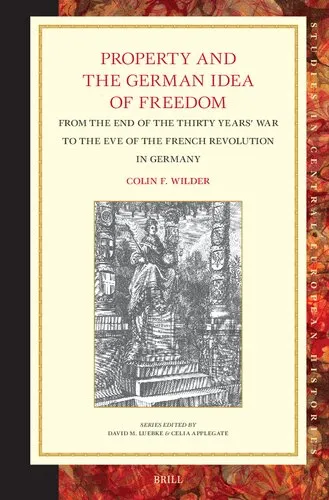

![Mathematics and Its History [FIXED]](https://s3.refhub.ir/images/thumb/Mathematics_and_Its_History__FIXED_29231.webp)
